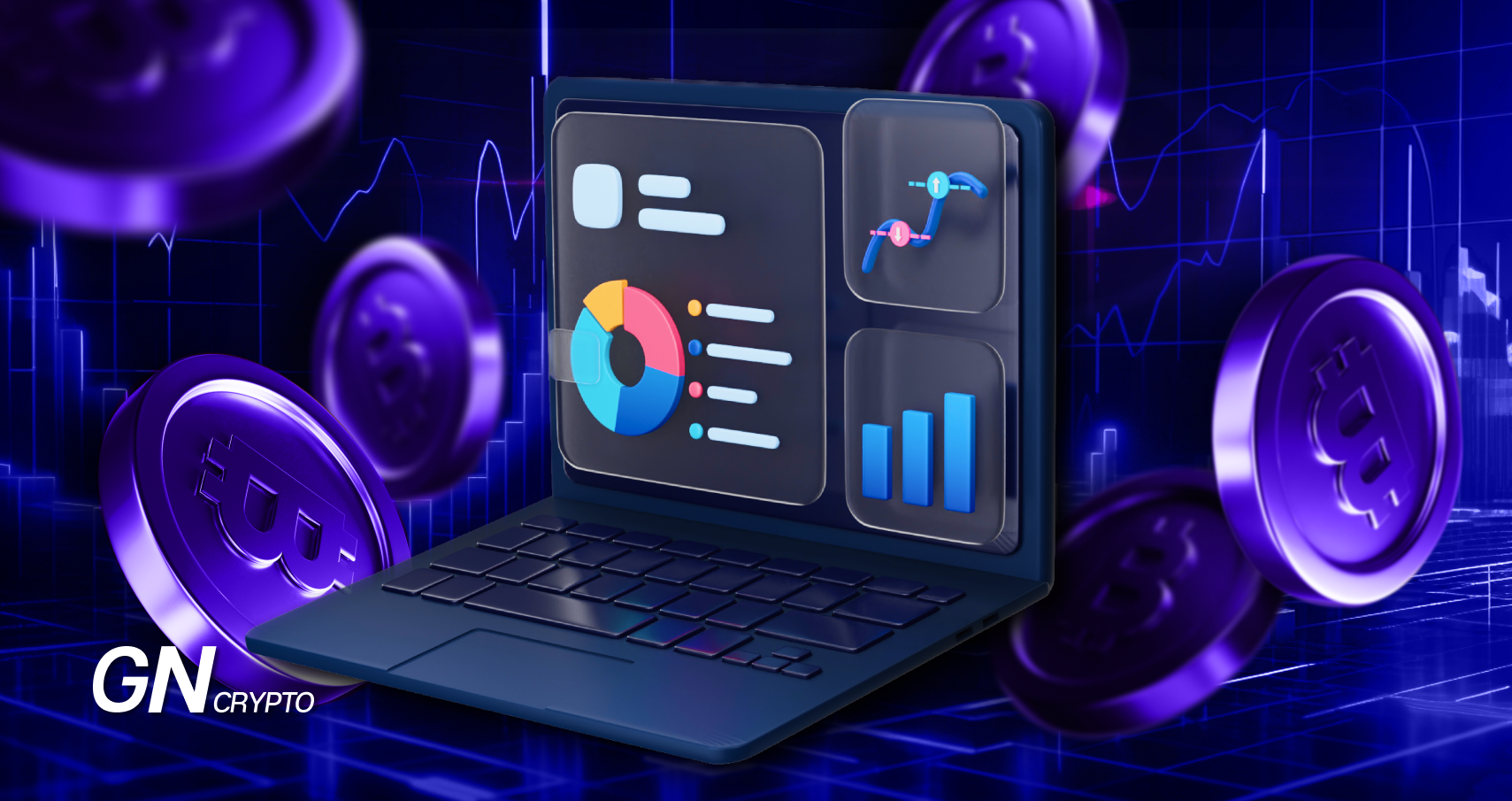Ethereum Users Turn to Shadow Transactions

A growing number of Ethereum users are turning to private transactions, which now make up approximately 30% of all activities on the blockchain. The gas consumption for these private operations has surged to 50% of the total network usage. This trend is driven by the desire to avoid MEV trading bots, which capture transactions for rapid profit.
On this page
A growing number of Ethereum users are turning to private transactions, which now make up approximately 30% of all activities on the blockchain. The gas consumption for these private operations has surged to 50% of the total network usage. This trend is driven by the desire to avoid MEV trading bots, which capture transactions for rapid profit.
The gas expenditure by transaction type. Source: Blocknative's official website.
Blocknative reported this development, warning of its potential to undermine blockchain decentralization and transparency. Private transactions are sent directly to validators rather than public mempools, leading to the formation of exclusive private groups within the network.
You have a small number of actors who can see the private flow. Certain people can see stuff, and certain people can't, and that creates opportunity and advantage
commented Blocknative CEO Matt Cutler.
Cutler emphasized that only validators have a comprehensive view of the network’s activities. As a result, Blocknative is urging developers to address this trend, which emerged in 2024 and shows no signs of abating, to prevent the potential centralization of the blockchain.
The content on The Coinomist is for informational purposes only and should not be interpreted as financial advice. While we strive to provide accurate and up-to-date information, we do not guarantee the accuracy, completeness, or reliability of any content. Neither we accept liability for any errors or omissions in the information provided or for any financial losses incurred as a result of relying on this information. Actions based on this content are at your own risk. Always do your own research and consult a professional. See our Terms, Privacy Policy, and Disclaimers for more details.



























